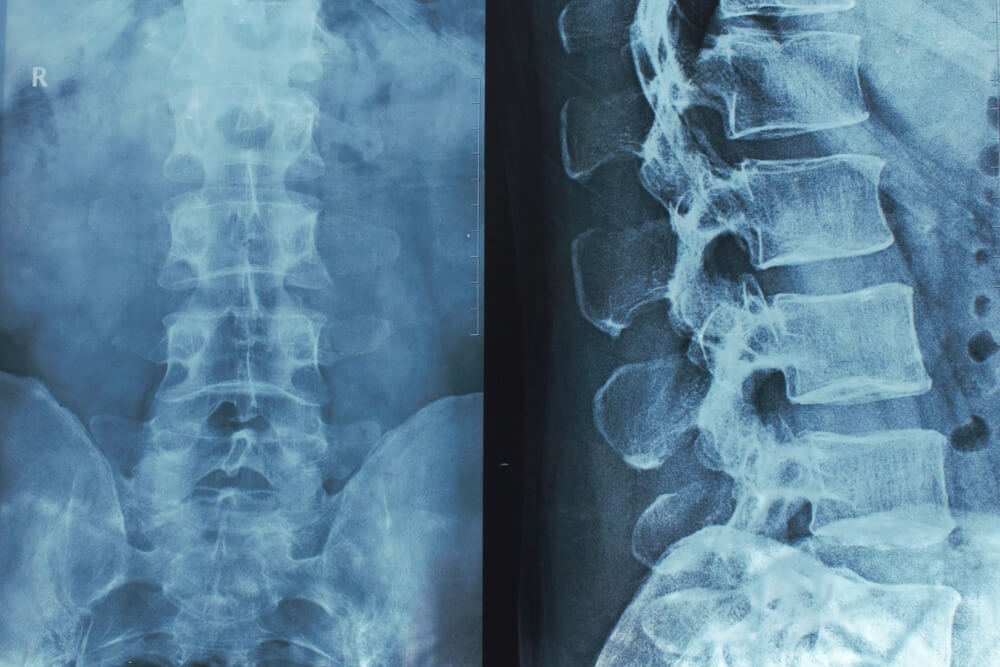
If a spinal cord injury has impacted you or someone you love, here is what you need to know about pursuing a personal injury claim.
Spinal cord injuries can be devastating, leading to lifelong incapacitation, financial losses and even death in the worst cases. According to federal data, there are almost 18,000 new spinal cord injuries in the U.S. each year. The most common causes include vehicle collisions, gunshot wounds and falls.
These injuries often cause paralysis, loss of sensation, blood pressure instability or difficulty regulating body temperature (so-called autonomic functions) and profound neurological deficits.
Living with a spinal cord injury often requires significant ongoing support and treatment. It’s estimated that nearly 1-in-3 people with a spinal cord injury will be re-hospitalized for that injury at some point in their lives. Receiving high-quality injury aftercare (to prevent pressure injuries such as bed sores) is the key to maximizing medical outcomes and maintaining an acceptable quality of life.
That, however, is often quite expensive. Lifetime care for people with spinal cord injuries can easily run into the millions of dollars, depending on the severity of the injury.
Fortunately, the legal system provides an avenue for victim’s of signal cord injuries to receive compensation for their injuries, in some cases.
Spinal Cord Injuries and the Law
If you suffer a spinal cord injury as the result of another party’s negligence, it may be possible to receive compensation by pursuing a personal injury claim.
For example, if your spinal cord is damaged and someone is at fault for the injury, you may be able to seek compensation through a personal injury lawsuit. Common examples where lawsuits may be relevant include:
- Victims of auto accidents with spinal cord damage
- Someone who slips on a wet floor or uneven surface and injures her spinal cord
- Someone who is injured by a gunshot or another act of violence that damages the spinal cord
An attorney who handles this type of litigation can help you assess who is liable for the injury. Questions of liability in personal injury cases can be quite complex and involve multiple parties. For example, in the case of someone injured during a medical procedure, the surgeon, the hospital and a medical device maker may all be liable, individually or as a whole.
An attorney can help you determine the right compensation for your injury. This may include not only medical expenses and pain and suffering, but lost future earning power, diminished quality of life and other factors.
Having an experienced partner to counsel you is critical in such situations. Victims of spinal cord injuries may receive settlement offers that seem generous, but once lifetime care costs are factored in, those offers may be insufficient to provide long-term support. An experienced advocate can ensure you are treated fairly during any negotiated settlement, and vigorously pursue your claim in court if an acceptable settlement is not offered.